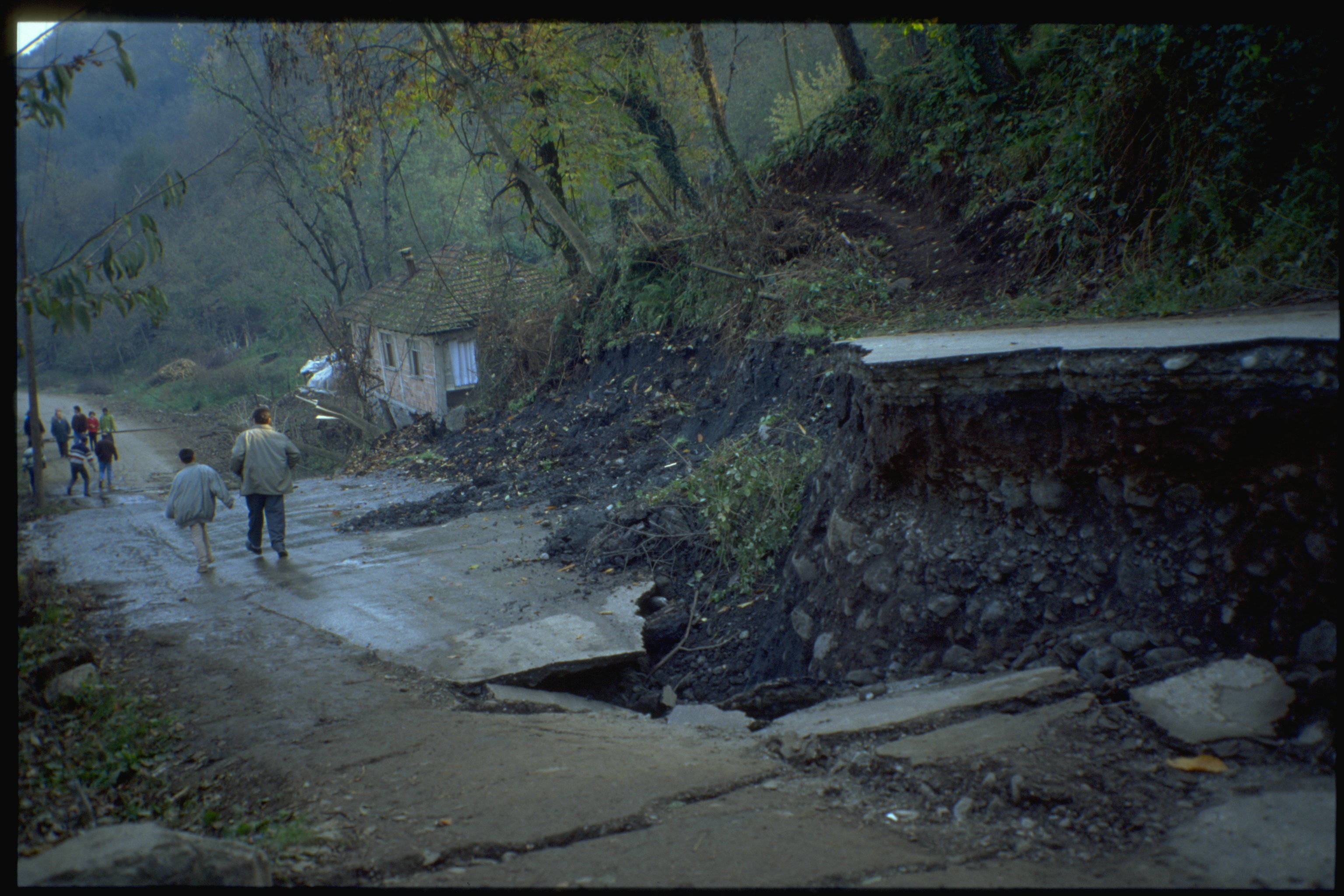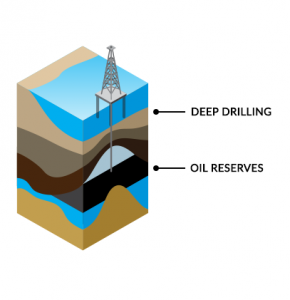All Categories
Featured
Table of Contents
Airborne Geophysical Surveys in Woodvale WA 2022
This work is significantly contracted out, so consultancies provide another source of employment. Consultancy companies vary in size, from really small companies to big multinationals. Some consultancies are rather specialised in utilizing specific geophysical techniques or working in specific areas, while others provide a more varied variety of services to their clients.
The extraction of gas from land fill websites is another area of employment and this may grow in the future. Exploration business may undertake work for building companies, public utility, mining business and ecological companies, so geophysicists might be used in any of these settings. Other companies include: geological surveysgovernment bodies and agenciesuniversities and research institutes.

Jobs may be noted in the oil and gas sector press. Recruitment is affected by oil cost fluctuations and the level of competitors for positions differs depending upon this. Careers Days, which cover the complete series of geoscience professions and are usually participated in by a variety of crucial market employers, are run by The Geological Society.
Geoscience, Geophysics Option, in Koondoola Australia 2021
Some of the big oil and gas business provide a full two-year structured training program throughout the breadth of geophysics, including the chance to experience work in numerous teams prior to specialising in one location. Your training might consist of work on: existing wellsmagnetic and gravitational prospective field data analysisresearchrock analysis. It's more typical for your preliminary training to be provided on the task.

There may be a probationary period throughout which you work together with a skilled colleague. Competency-based appraisals occur frequently in many companies. In smaller sized companies, and for academic posts, there is unlikely to be any formal training - you'll be expected to begin work straightaway and get abilities as you go along.
If you work for a smaller sized company, you may find that you require to take duty for setting up and funding your own development and training. If you have a geology degree, subscription of The Geological Society can be beneficial for networking and for maintaining to date with the industry.
How To Become A Geophysicist in Embleton Western Australia 2020
You may likewise find it useful to sign up with the PESGB (The Petroleum Expedition Society of Great Britain, which has a geophysics special interest group. After a probationary period, and once you've gained some experience, you could progress to senior geophysicist, then group leader and then into a senior role in management.
The ease of movement in between functions depends upon the company structure. Study at Masters or Ph, D level in a subject related to geophysics or geosciences might help with your career advancement and progression. The employment market within the oil and gas market is very depending on price and this may affect your opportunities for profession development.
For skilled geophysicists, freelance consultancy uses a great path for career advancement. As a geophysicist, you're likely to have numerous jobs throughout your working life.
Hydrographic And Geophysical Surveys in Bateman Western Australia 2021
From geophysics, it's possible to focus on seismology (finishing further training to end up being a seismic interpreter) or to move into related locations such as engineering geology or threat forecast.
Choosing what to study in college is a tough choice. Even if you know that your field of interest depends on science, what program of study is right for you? If you make the decision to significant in physical and life sciences and pursue a profession as a geophysicist, you're preparing for an amazing and lucrative profession.
The very first step to attaining your objective of becoming a geophysicist is earning a degree. Even for entry-level positions in the field of geoscience, you'll need a bachelor's degree (a geophysicist college degree) from an accredited college or university. Some research positions need candidates to hold master's degrees or perhaps Ph.
Geophysicist - Jobs And Skills Wa in Champion Oz 2020
Doctoral degrees are particularly essential if you prepare to teach at a four-year organization. Geophysicists use physics concepts and techniques to study the gravitational, magnetic, and electrical fields of the earth. This enhances researchers' understanding of both the world's interior core and its surface area. Geophysicists need to be able to: analyze rocks, pictures, and other pieces of data perform research study both in the field and in labs create maps and charts of their findings compose reports To achieve all this, trainees require a specialized education for geophysicist careers.
As specified above, you'll require a bachelor's degree in geoscience or a related discipline, such as a physical science or a life sciences, to land an entry-level task. Students can likewise prepare by majoring in topics like: Biology Chemistry Computer science Engineering Mathematics Physics The above geophysicist majors use a more generalized method to a single scientific discipline, however most programs need students to take one or more geology course.
Latest Posts
Geophysical Survey Methods in Champion Aus 2021
Geophysical Survey - Salisbury Archaeology in Hocking Australia 2021
What Can I Do With A Major In Geophysics? in Carine Australia 2023